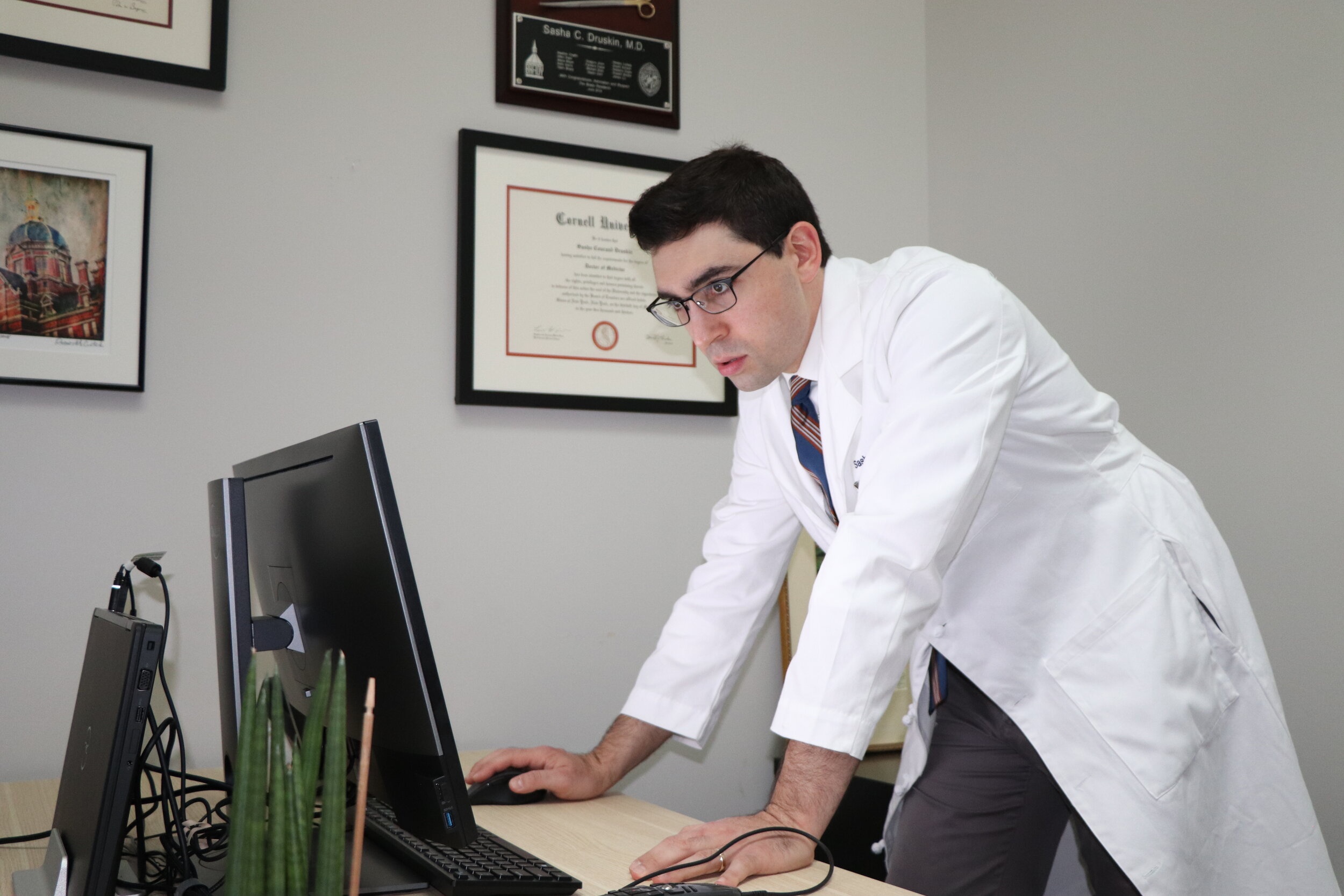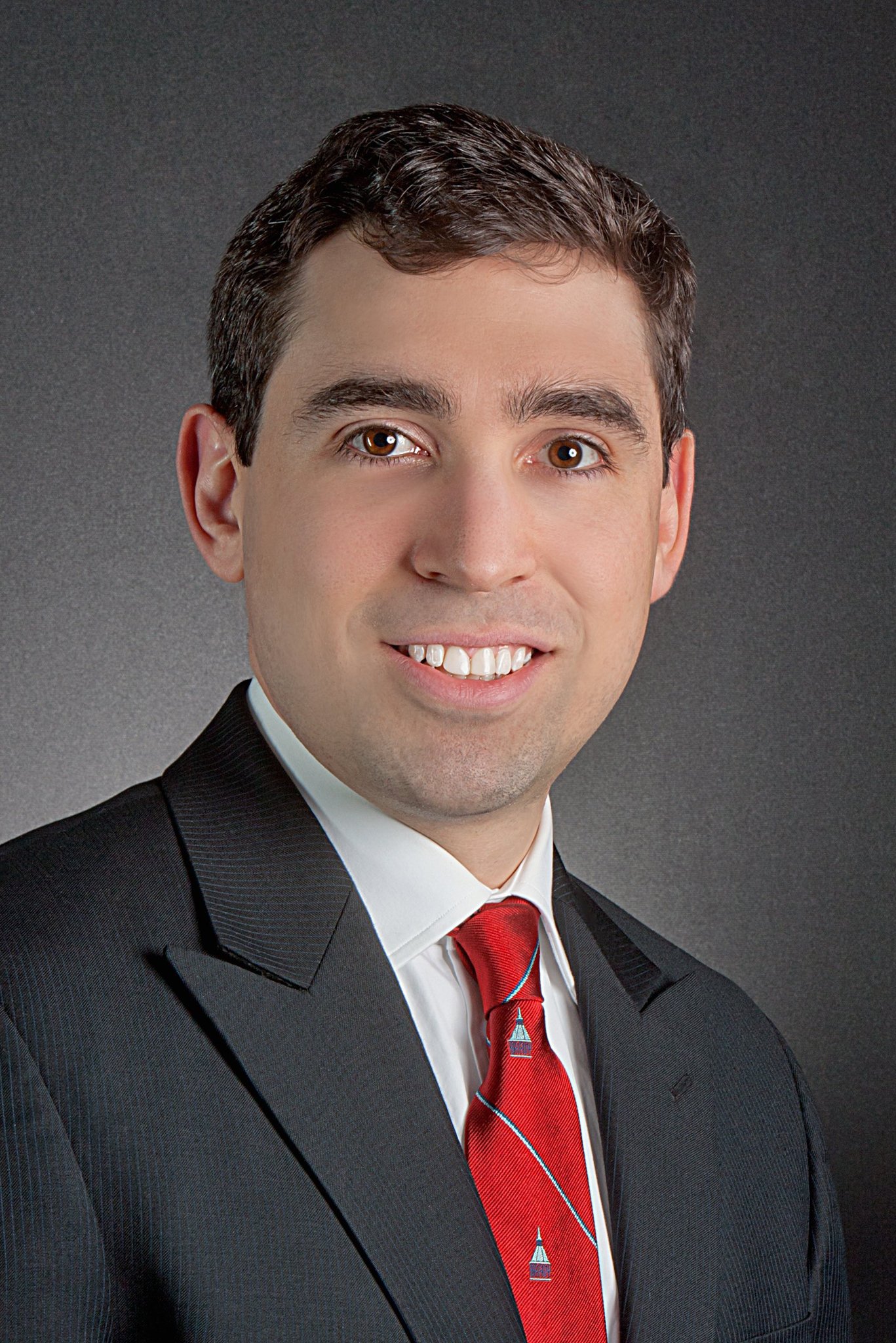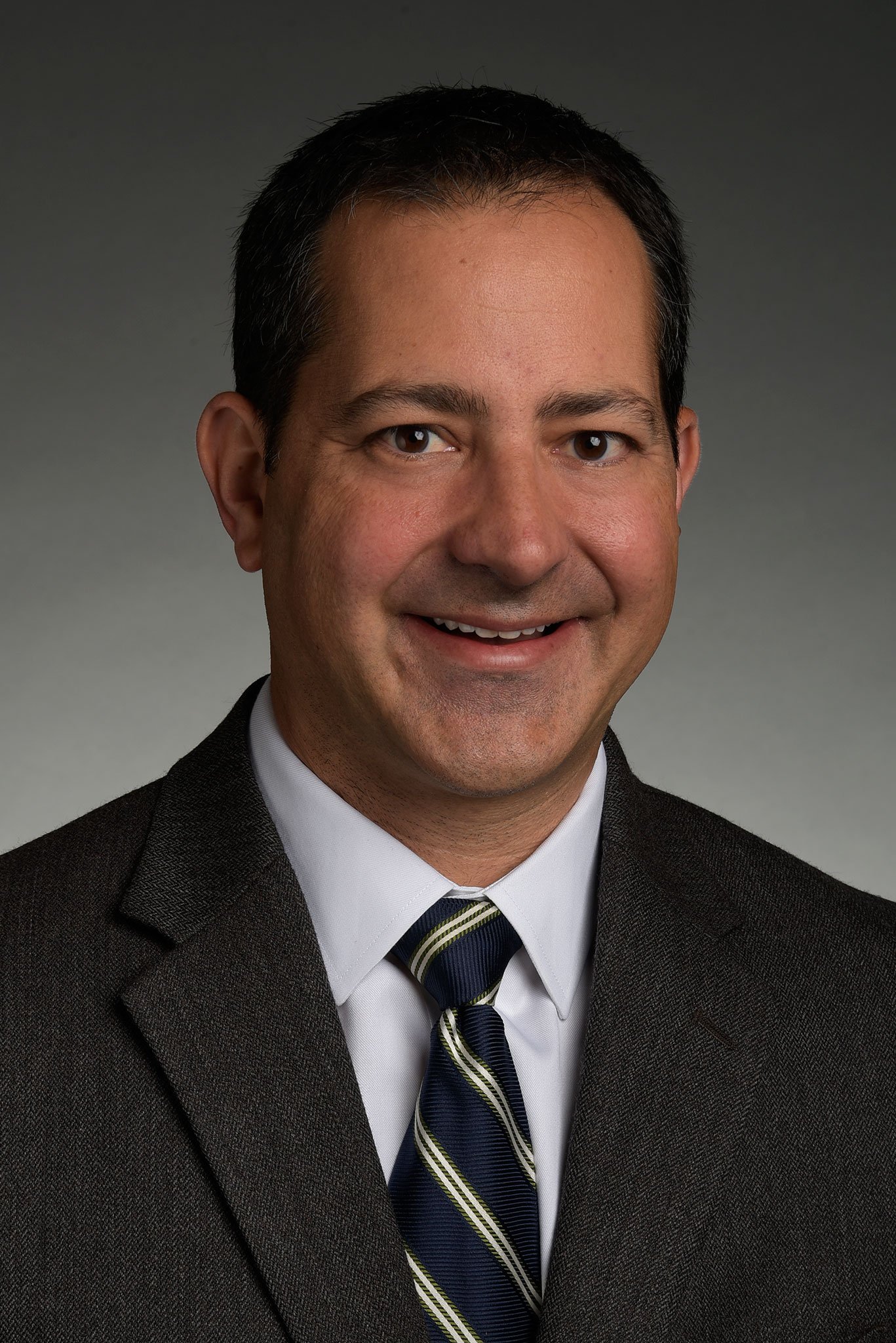
Portland Vasectomy
The expert urologists at NW Urology offer fast, convenient male birth control with minimal pain and rapid recovery.
LOCATED THROUGHOUT PORTLAND AND NEIGHBORING CITIES. FREE ON-SITE PARKING. MOST INSURANCES ACCEPTED.
Vasectomy
Vasectomy is an extremely reliable and safe permanent method of male birth control. The urologists at NW Urology perform the procedure in the office with local anesthesia. There is minimal pain and recovery is rapid. It typically takes less than 20 minutes and most patients go back to work the day of or the day after.

Northwest Portland
Beaverton / Providence St Vincent’s
Sherwood
McMinnville

Vasectomy F.A.Q.
What is vasectomy?
Vasectomy is a simple and quick procedure that makes a man sterile (unable to impregnate a female partner). Typically, sperm travel from the testicles to the prostate (and then into the ejaculate) via a tube called the vas deferens. With vasectomy, this connection is interrupted.
Does vasectomy effect libido? Testosterone? Enjoyment of sex? Erections? Climax? Ejaculation?
Not at all. Vasectomy is merely a disconnection between the testicles and the prostate. The testicles still function to make testosterone, and thus libido and the enjoyment of sex are unaffected. Erections are not effected at all. The testes only make a small percentage of the ejaculate volume (~0.3 mL), so changes in ejaculate volume is negligible. Climax is unaffected.
Where is the procedure performed?
The procedure is performed in the office.
What position will I be in during vasectomy?
You will be laying down on your back (supine).
What do I need to do to prepare for vasectomy?
Unless medically necessary (in which case you should discuss this with your urologist), you should avoid any medication that may thin your blood for at least 7 days prior to the procedure. These medications include aspirin, Plavix, Coumadin, Xaralto, Eliquis, NSAIDs (e.g. ibuprofen, naproxen, Motrin, Aleve, Advil), fish oil, omega-3 fatty acids, and vitamin E supplements. Tylenol does not need to be stopped since it does not thin your blood. Generally, your urologist will ask you to shave your pubic hair on the scrotum below the level of the penis. Typically clipper (as opposed to razor) length is adequate. You will also want to secure a ride home. It is helpful to have tight fitting underwear (jockstrap, compression shorts, "vasectomy underwear") to wear after the procedure and for a few days afterwards. You should also have a bag of frozen peas (or an ice pack) and some Tylenol.
How long does a vasectomy take?
Typically, about 20 minutes. Sometimes it can take a little bit longer, depending on one’s anatomy.
Why is vasectomy associated with March Madness?
Many men choose to get a vasectomy around the time of March Madness so that they can relax in front of the television after the procedure.
How much does a vasectomy cost? Does insurance cover it?
Typically, insurance covers it. The doctors at Northwest Urology accept most insurance (see below). When you make an appointment, their scheduling staff will be able to tell you if your insurance plan is accepted. You may have a deductible or copay to pay out-of-pocket, but this will depend on your insurance plan. For patients not using insurance, there is a discount given for self-pay.
Is vasectomy painful? How is the area numbed?
Typically the procedure is not painful. The urologist uses a very small needle to inject a numbing medicine under the skin. This is the most uncomfortable part of the procedure and is really quite minimal. The area is rapidly numbed in this fashion and this method allows for the best possible pain control. Once the area is numbed, patients may feel slight pressure or nothing at all. The procedure is very well tolerated, and discomfort is minimal.
Will I have pain after the vasectomy? How long does it take to recover after vasectomy?
The numbing medication wears off after a few hours and typically there is some mild soreness for a few days to a week. This is typically minimal and most patients use ice (frozen peas are particularly helpful) or Tylenol for comfort. Occasionally, your urologist may prescribe a medication for pain. Typically, you can go back to work the following day but should wait 24 hours before showering and 48 hours before performing vigorous activity. However, each urologist as their own preferences and these guidelines will be discussed at your consultation.
What are the risks of getting a vasectomy?
Vasectomy is extremely reliable. It is >99.9% effective at preventing pregnancy. However, as with any birth control method, it will fail in very rare cases. Failure is usually due to what is called recanalization, whereby the two cut ends of the vas deferens reconnect. Multiple techniques may be used by the urologist to prevent this from happening, including cauterizing (to induce scar tissue formation) the vas deferens and using clips or sutures to close off the vas deferens. The specific technique used by your urologist will be discussed at that time of your consultation. Other very rare complications include wound infection, bleeding, pain lasting longer than the first several days following the procedure, and injury to the testicular blood vessels.
Are there side effects / disadvantages to getting a vasectomy?
Generally there are no side effects after the first several days of healing from the procedure. Initially there is some mild pain and swelling but this is generally short lived. There are rare risks as outlined above but these are quite rare.
After vasectomy, what happens to the sperm?
After vasectomy, the sperm will meet a dead-end at the location where the vas deferens was divided. They will linger there and eventually the sperm will die and be absorbed by the internal lining of the vas deferens. However, the testicle typically continues to make sperm for much of a man’s life. This is why vasectomy reversal, or other procedures to remove sperm directly from the testicle or epididymis for in-vitro fertilization or other assisted reproductive techniques, is possible.
How long will it take to be sterile after vasectomy?
There will still be viable sperm upstream from where the vas deferens is divided. These sperm will ultimately wash out of the system but this takes time. We always check to verify the procedure is successful with a post-vasectomy semen analysis. We typically check this after at least 3 months and 20 ejaculations following the procedure, but your urologist will have their own specific protocol for verifying sterility. You should use another form of birth control until we verify your sterility.
Can vasectomy be reversed?
This procedure should only be performed when it is one’s intention never to have another biological child. Vasectomy reversal is possible but is not always successful.
How many visits should I expect?
Typically, two. The first is the consultation where your urologist reviews the procedure and examines you, in order to verify that an in-office vasectomy is doable (it very rarely needs to occur in the operating room, due to patient anatomy). The second is the procedure. Typically, no follow-up visit is necessary.
Insurances Accepted
— Call to inquire if your insurance plan is accepted.
— There may be a copay and/or deductible for your insurance plan.
Aetna
Blue Cross Blue Shield
Cigna/Great-West
Coventry Insurance
First Choice Health
First Health
HealthNet
Humana
Managed Healthcare NW
Medicare Advantage Plans
Medicare (original)
Moda Health
Multiplan
Oregon Health Plan (CareOregon, Open Card, Providence)
PacificSource
Providence Health Plans
Providence Preferred
Tricare
United Healthcare
Self-pay options









